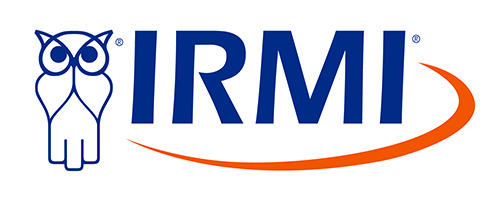Is a squeaky-clean employment practices claims history always an indicator of no exposure? Know the facts when it comes to underreporting issues—and make sure your potential clients do too.
On Oct. 15, 2017, Alyssa Milano sent the tweet that started a movement: a call for women who had been sexually harassed or assaulted to reply with the phrase “me too.” Over a year later, the repercussions are ongoing.
The effects have been tangible in insurance, particularly employment practices liability insurance. The #MeToo movement has caught the attention of decisionmakers across the board, and interest in EPLI has grown as a way to protect organizations from the consequences of sexual harassment allegations, among other exposures.
With this heightened awareness comes an opportunity for agents. Here are three tips agents can use to grow their business in this important and increasingly relevant line of coverage:
1) Don’t let potential clients be content with a clean claims history. Part of the #MeToo movement’s power is that it seemingly arose out of nowhere, catching many off guard—just as a damaging EPLI claim can. Agents in the EPLI market should know their facts: 71% of women do not report sexual harassment, according to the Harvard Business Review and as reported in a recent D&O Compass newsletter. Unlike a clean liability or property claims history, a total lack of reported sexual harassment incidents could actually be a red flag for deeper cultural problems of underreporting.
2) Know the full story when it comes to mandatory arbitration agreements. Some prospective EPLI clients may feel that the mandatory arbitration agreements that they require employees to sign are enough to protect their company from damaging claims. This belief could be particularly prevalent in light of recent employer-friendly legal developments which uphold the validity of arbitration agreements and class action waivers under federal law.
However, several states are using the momentum from the #MeToo movement to put laws in place that limit employers’ ability to use confidentiality provisions (with regard to sexual harassment-related settlements) or arbitration agreements. Some of these laws restrict employers from retracting job offers or retaliating against employees when they do not sign the agreements.
Bottom line: the validity and enforcement of arbitration agreements is a murky subject, rife with conflicts between state and federal law, and such agreements still need the backing of adequate EPLI coverage in order to maximize protection.
3) Sell the benefits of third-party coverage. Sexual harassment exposures covered by EPLI policies don’t always involve employees acting against other employees. EPLI policies can also provide protection in these two types of third-party scenarios:
- An employer’s failure to prevent wrongful conduct by third parties against its employees.
- Liability incurred as a result of employees’ acts toward customers, vendors and others.
While insuring agreement A—employment practices liability—addresses the first scenario, insuring agreement B—third-party employment practices liability—covers the second. Making prospects aware of the latter can be an effective way to sell the value of this coverage line.
For tips and updates on all forms of executive liability insurance, subscribe to the International Risk Management Institute’s free D&O Compass newsletter.

